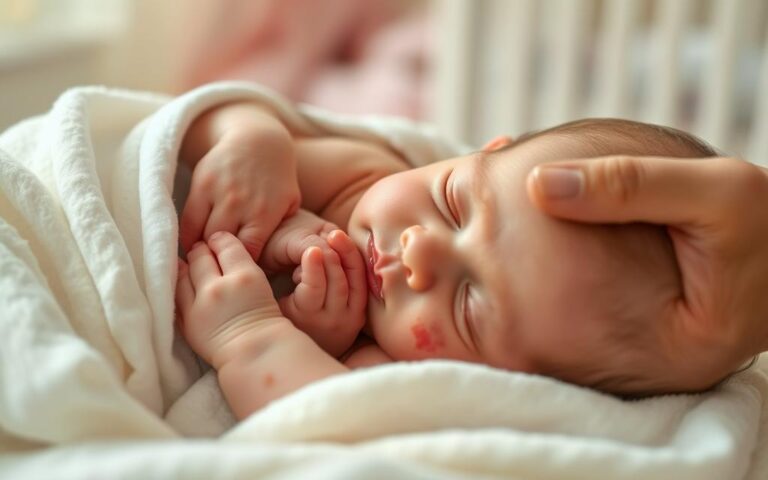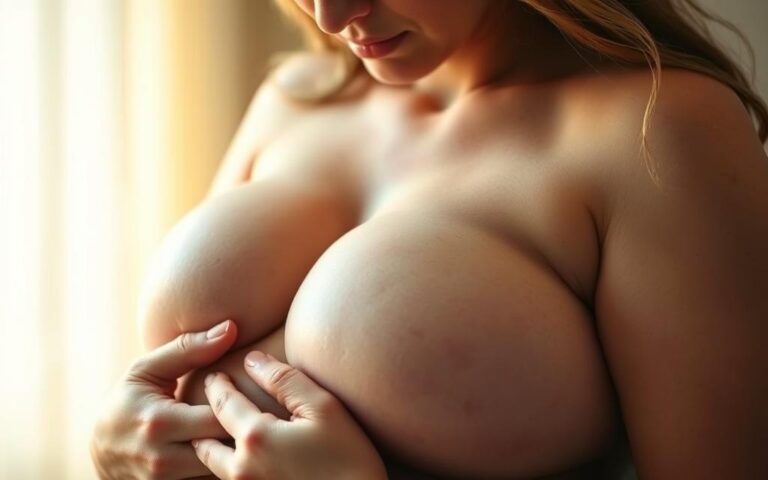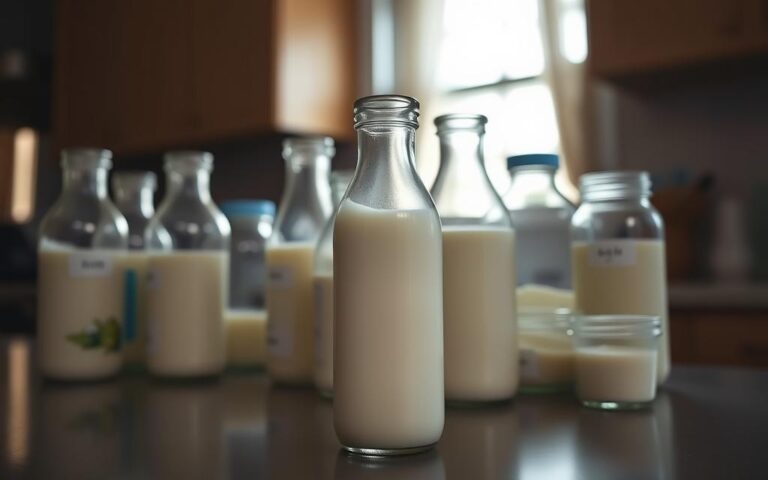Food and Drinks to Avoid When Breastfeeding
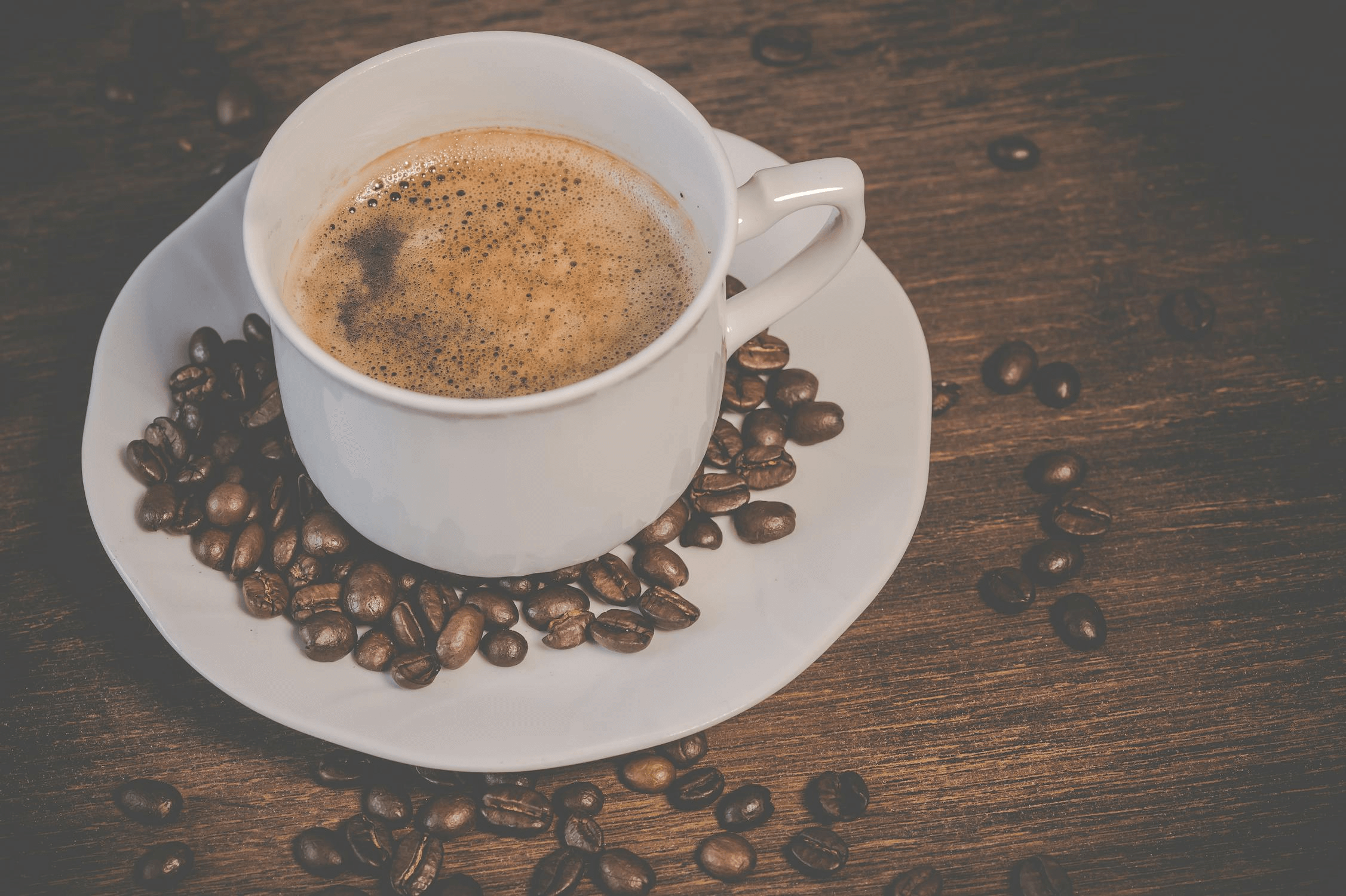
Discover the foods and drinks you should consider avoiding while breastfeeding to ensure your baby’s health and comfort.
What Not to Eat and Drink When Breastfeeding
If your baby shows sensitivity to certain foods or drinks, it’s essential to avoid them as traces can pass through your breast milk. If you have concerns, consult your health visitor or GP.
Caffeine
Caffeine is found in tea, coffee, chocolate, energy drinks, and various soft drinks. It’s advisable to limit caffeine intake while breastfeeding because it’s a stimulant and can make your baby restless. Aim to consume no more than 300mg of caffeine per day. Here’s a quick guide:
- 1 mug of filter coffee: 140mg
- 1 mug of instant coffee: 100mg
- 1 mug of tea: 75mg
- 1 (250ml) can of energy drink: 80mg (larger cans may contain up to 160mg)
- 1 (354ml) cola drink: 40mg
- 1 (50g) plain chocolate bar: up to 50mg
Read more: 13 Best Foods For Breastfeeding
Alcohol
While it’s safest to avoid alcohol entirely when breastfeeding, an occasional drink is unlikely to harm your baby. Limit yourself to 1 or 2 units of alcohol once or twice a week. Allow 2 to 3 hours between drinking and breastfeeding to let the alcohol leave your breast milk. Alternatively, express milk before drinking so your baby can be bottle-fed. Always avoid co-sleeping with your baby after drinking due to the increased risk of sudden infant death syndrome (SIDS).
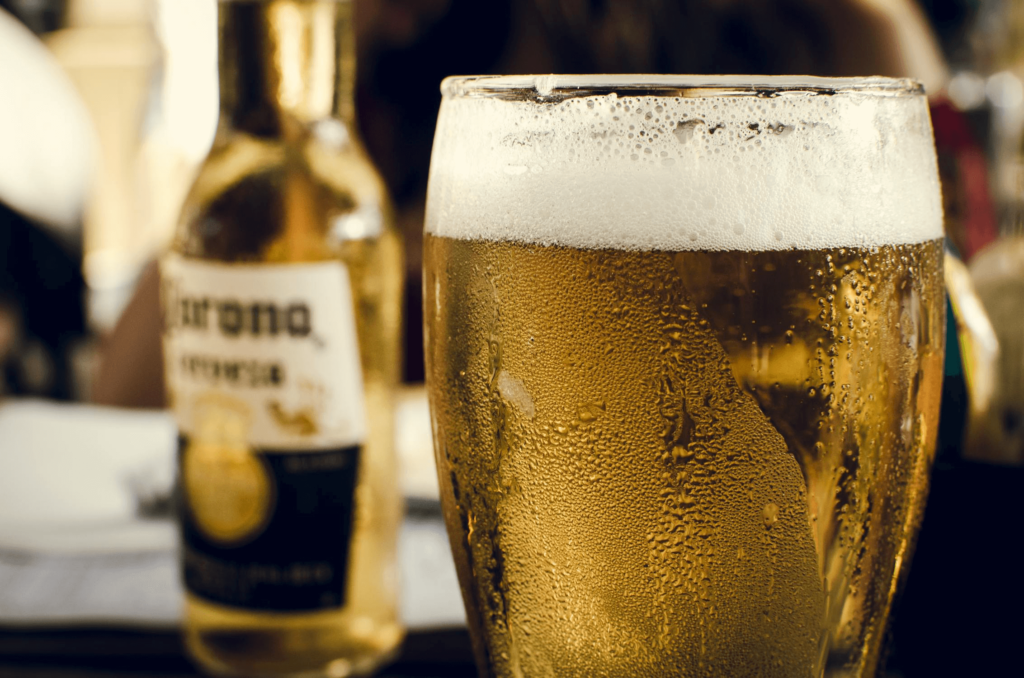
Image credit: Nicolas Postiglioni
A unit of alcohol is roughly equivalent to:
- A small glass of wine (125ml)
- Half a pint of beer
- A single measure of a spirit (25ml)
Shark, Swordfish, and Marlin
While including fish in your diet is beneficial, limit your intake of certain types due to high mercury levels. When breastfeeding:
- Restrict swordfish, marlin, or shark to 1 portion a week.
- Do not eat more than 2 portions of oily fish per week, such as fresh tuna, salmon, trout, mackerel, herring, sardines, and pilchards.
Peanuts and Breastfeeding
Unless you have a peanut allergy, there is no evidence suggesting you should avoid peanuts or peanut-based foods while breastfeeding. If you have concerns about food allergies, consult your doctor or health visitor.
Cow’s Milk and Breastfeeding
Cow’s milk allergy (CMA) is a common childhood food allergy and can sometimes occur while breastfeeding. Symptoms include:
- Skin reactions (red, itchy rash)
- Swelling of lips, face, or eyes
- Tummy ache, vomiting, colic, diarrhea, or constipation
- Runny or blocked nose
- Eczema
Some babies might also be lactose intolerant, which is not an allergy but a temporary condition where they can’t digest the natural sugar in milk. Symptoms of lactose intolerance include:
- Diarrhea
- Vomiting
- Tummy pain or rumbling
- Wind
If your baby shows signs of an allergic reaction or intolerance, speak to your doctor for assessment and guidance on the best course of action.
These are Food and Drinks to Avoid When Breastfeeding ensure your baby’s health and comfort. Get tips on managing caffeine, alcohol, certain fish, and common allergens.
Read more: 12 Natural Ways To Increase Your Breast Milk Supply

